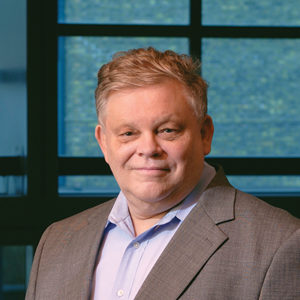
Vaclav Vitek, professor emeritus in the departments of Materials Science and Engineering and Mechanical Engineering and Applied Mechanics, has been elected to the Royal Society, one of the world’s preeminent scientific honors.
Vitek is one of 62 new fellows in this year’s class, and joins roughly 1,600 eminent scientists who have been elected to the oldest academic society in continuous existence.
Founded in 1663 as “The Royal Society of London for Improving Natural Knowledge,” the Royal Society served as a template for how scientific findings are now shared and evaluated, and is now the UK’s national science academy.
New Fellows must be nominated by two existing members based on their “substantial contribution to the improvement of natural knowledge, including mathematics, engineering science and medical science.” Committees of subject-matter experts then vote on which nominees will be elected in a given class.
Vitek’s nomination citation describes him as a “founder and global leader of computational materials science.”
Through his research and his training of generations of other scientific leaders he has raised modelling of materials to the same status as characterisation and processing. His classic work on dislocations in crystals has revealed the macroscopic consequences of their atomic structures for the mechanical properties of metals, alloys and non-metals. His gamma-surface has now become a standard requirement in all atomic-scale modelling of extended defects in crystals. His contributions to the microscopic origins of fracture toughness, the structures and properties of grain boundaries, and the mechanisms of structural relaxation and plastic deformation of amorphous metals have stood the test of time. His work with Pettifor has enabled him to relate the chemical bonding of transition metals to their macroscopic mechanical properties.
New Fellows are formally admitted to the Society at its Admissions Day ceremony in July, where they sign the Charter Book and the Obligation of the Fellows of the Royal Society.
“Through their careers so far, these researchers have helped further our understanding of human disease, biodiversity loss and the origins of the universe. I am also pleased to see so many new Fellows working in areas likely to have a transformative impact on our society over this century, from new materials and energy technologies to synthetic biology and artificial intelligence. I look forward to seeing what great things they will achieve in the years ahead,” said Adrian Smith, President of the Royal Society.
